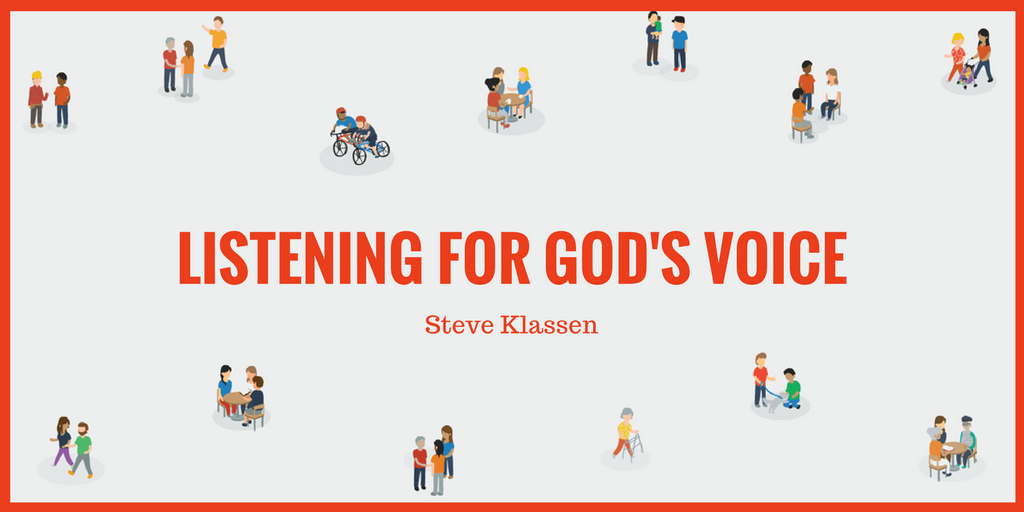The Seven Core Values of Millennials
 Any missionary will tell you that in order to effectively speak Jesus into a culture, you first have to understand that culture. And the culture that millennials have grown up in has changed a lot, hasn't it?
Any missionary will tell you that in order to effectively speak Jesus into a culture, you first have to understand that culture. And the culture that millennials have grown up in has changed a lot, hasn't it?
That's led to tons of churches, maybe one just like yours, that are struggling with young people leaving, frustrated that nothing they've tried has worked, and worried if their church can survive this trend.
That's why my team developed The Seven Core Values of Millennials™ training. Because we know that by helping you build a broader understanding of Millennials, you will be able to build better ministries for Millennials.
I have chosen three values on focus on here, but you can read about each value here.
Core Value #1 – Diversity
If you've been frustrated by any aspect of the millennial generation, particularly as a pastor or church leader, chances are it may have something to do with their mindset (or preference) for diversity.
But the reason for millennials valuing diversity is simple:
They are the first generation to come of age in a truly global world. Whereas previous generations had limited (albeit expanding) access to information and opinion, millennials grew up with the Internet... limitless access to information and opinion.
(And for younger millennials... those in their late-teens to mid-twenties... they literally grew up with the Internet in their pockets!)
Unlike Builders, Boomers, or even Gen Xers, the millennial generation has never known a world limited to one single, trusted source of information. Instead, they have always been exposed to choice, relativity, variety, and globalization.
You can't blame a fish for living in water... even though it seems like a horribly silly idea to the rest of us! Neither can you (or should you) blame a millennial for seeing the world through a diverse, globalized lens.
It is literally the only environment they've EVER known!
In other words, understanding the core value of diversity begins with the recognition that we cannot assign a moral value to the lens through which people see the world.
Core Value #2 - Entrepreneurship


